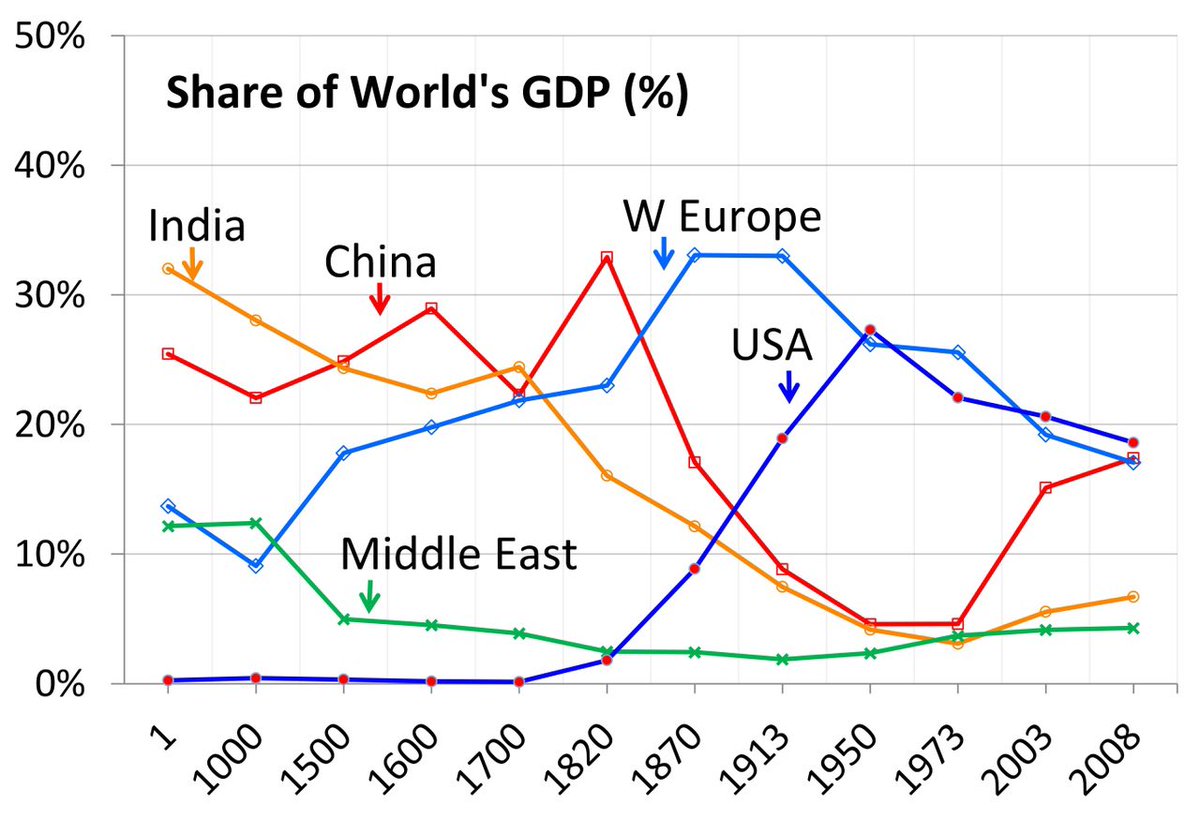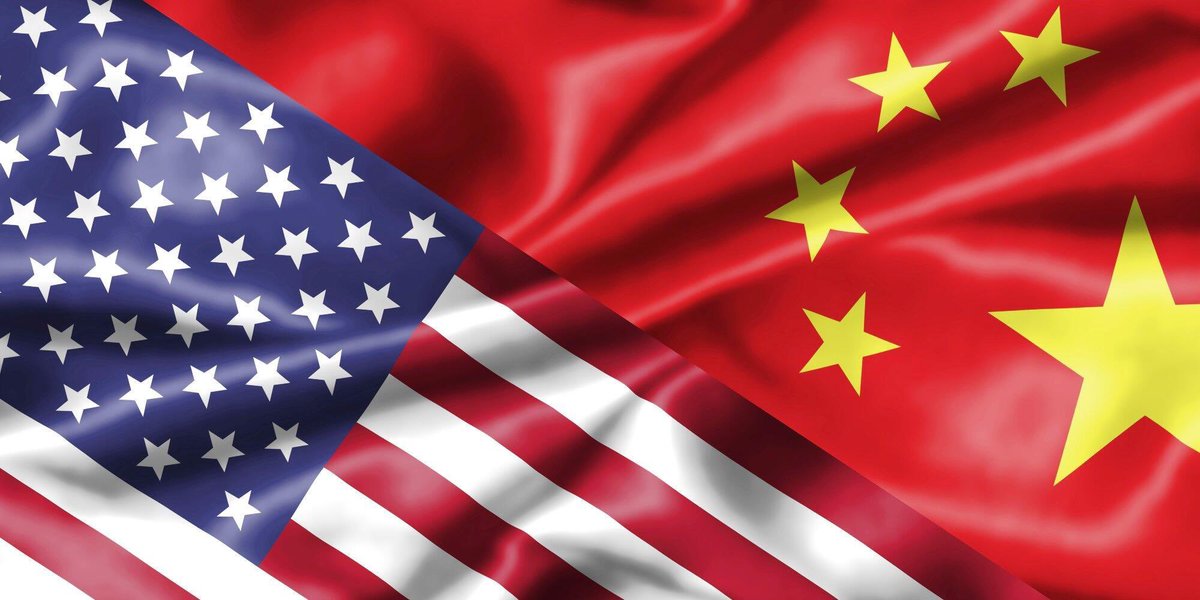
“If everyone refrains from sacrificing even a single hair on their own head and if everyone refrains from benefiting the world, the world will be in order.”—Yang Zhu (d.360 BC) #楊朱
Q: Is this not Milton Friedman’s doctrine?
Q: Is this not Milton Friedman’s doctrine?
Discussion: It occurs to me how similar this Warring States philosophy is to the current philosophy of liberalism, especially Friedman’s neoliberalism. They are all extremist doctrines of selfishness which deny responsibility to, or even recognition of, civilization. /2
As Friedman famously said “There is one and only one social responsibility of business: to increase its profits.”
In his philosophy, if everyone pursues their own greed an “invisible hand” will magically bring the world into order. This is indeed Yang Zhu’s same doctrine! /3
In his philosophy, if everyone pursues their own greed an “invisible hand” will magically bring the world into order. This is indeed Yang Zhu’s same doctrine! /3
But what actually happened? Of course the Warring States was not in order, nor is the fragmented United States. The state steals from the world, the corporations cannibalize the state and people, the people form identity groups to steal from each other—in a word: cannibalism. /4
As Mengzi, a contemporary of Yang Zhu, said:
“If the principles of Yang are not stopped, perverse doctrines will delude the people and obstruct the path of humanity, beasts [e.g. corporations] will be led on to devour men, and men will devour one another.” 5/5
“If the principles of Yang are not stopped, perverse doctrines will delude the people and obstruct the path of humanity, beasts [e.g. corporations] will be led on to devour men, and men will devour one another.” 5/5
Any Yang Zhu fans?
He seems largely forgotten, but highly relevant. “I just wanna to live life to the fullest” is the cliche expression in the liberal world.
He’s sort of inverted Daoism? More extreme than Zhuangzi’s benevolent frivolousness.
@XianyangCB @MichaelMjfm
He seems largely forgotten, but highly relevant. “I just wanna to live life to the fullest” is the cliche expression in the liberal world.
He’s sort of inverted Daoism? More extreme than Zhuangzi’s benevolent frivolousness.
@XianyangCB @MichaelMjfm
• • •
Missing some Tweet in this thread? You can try to
force a refresh






